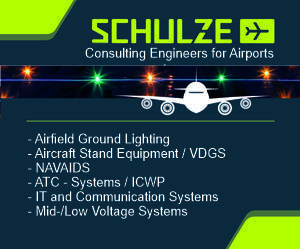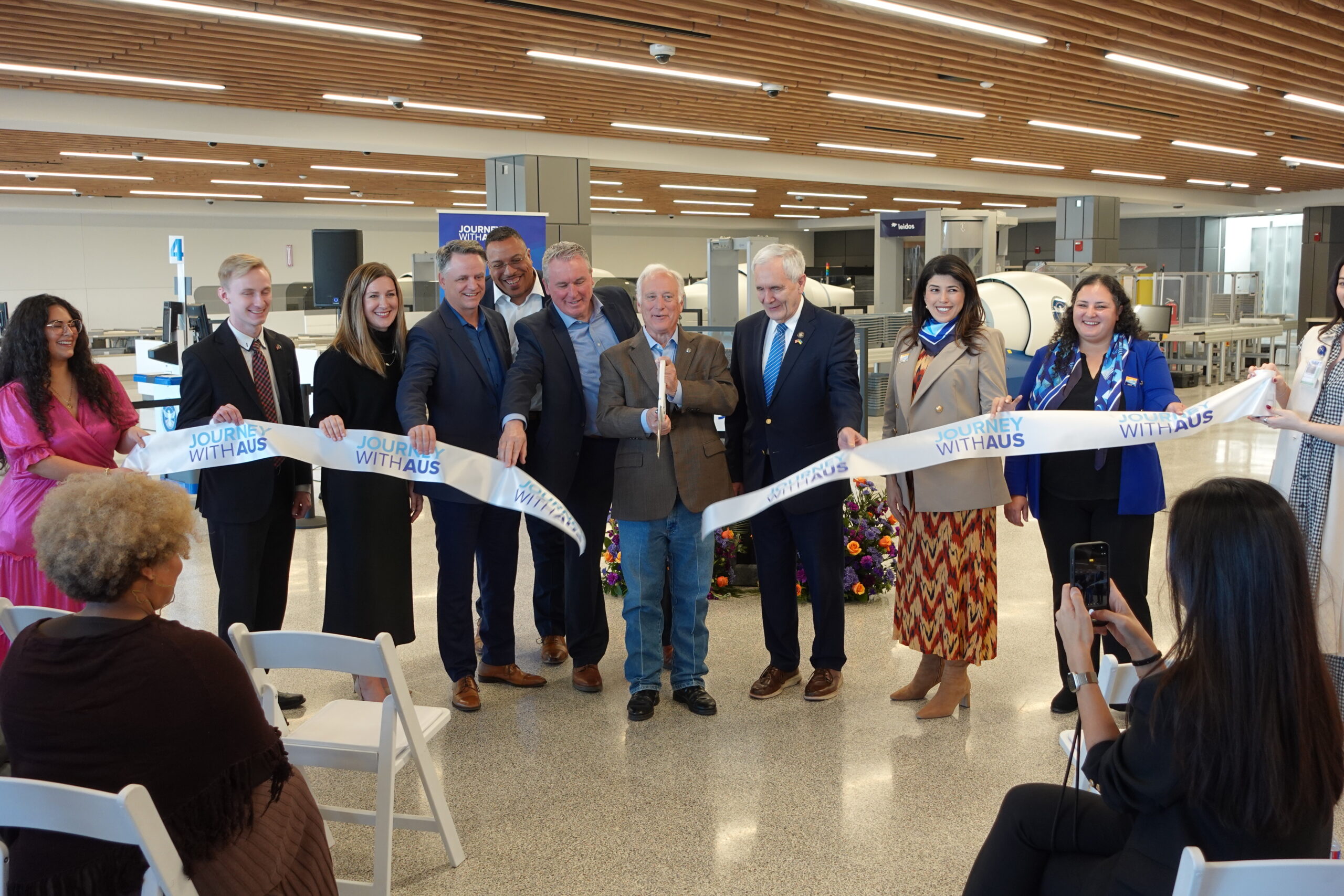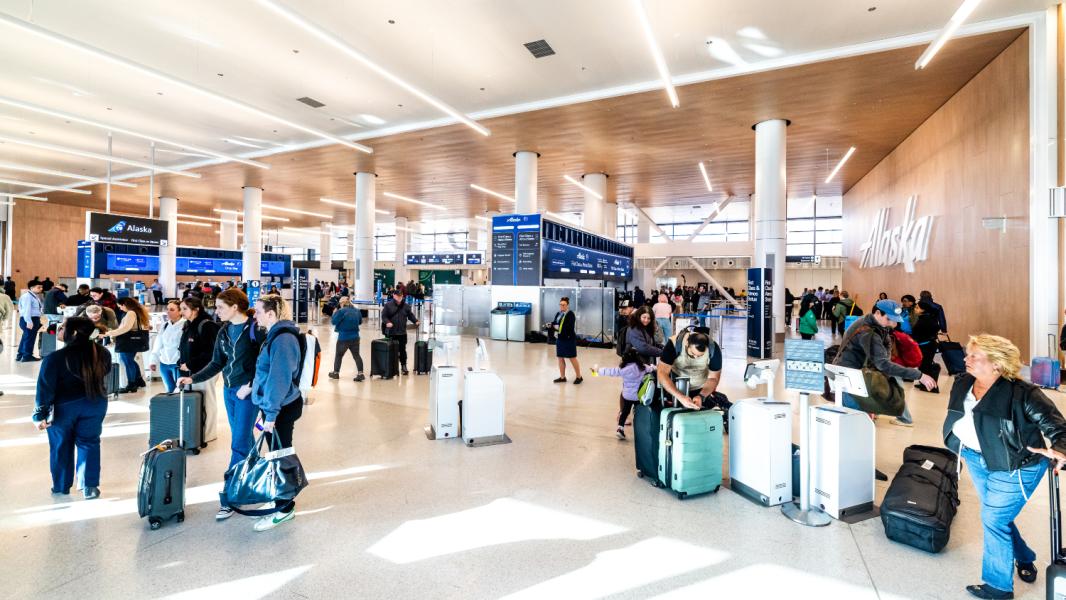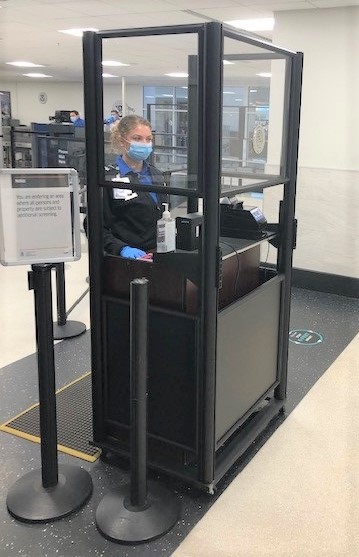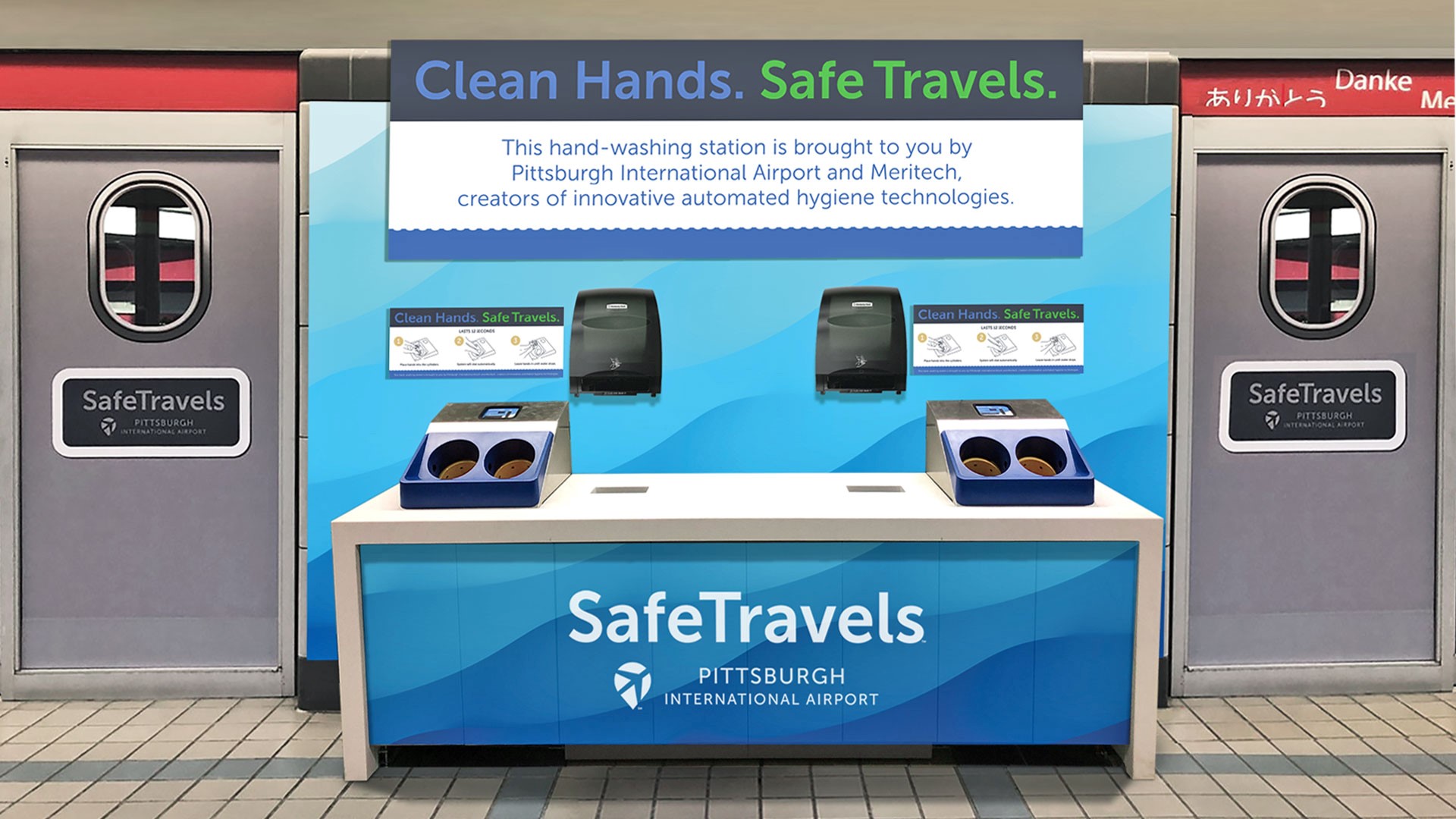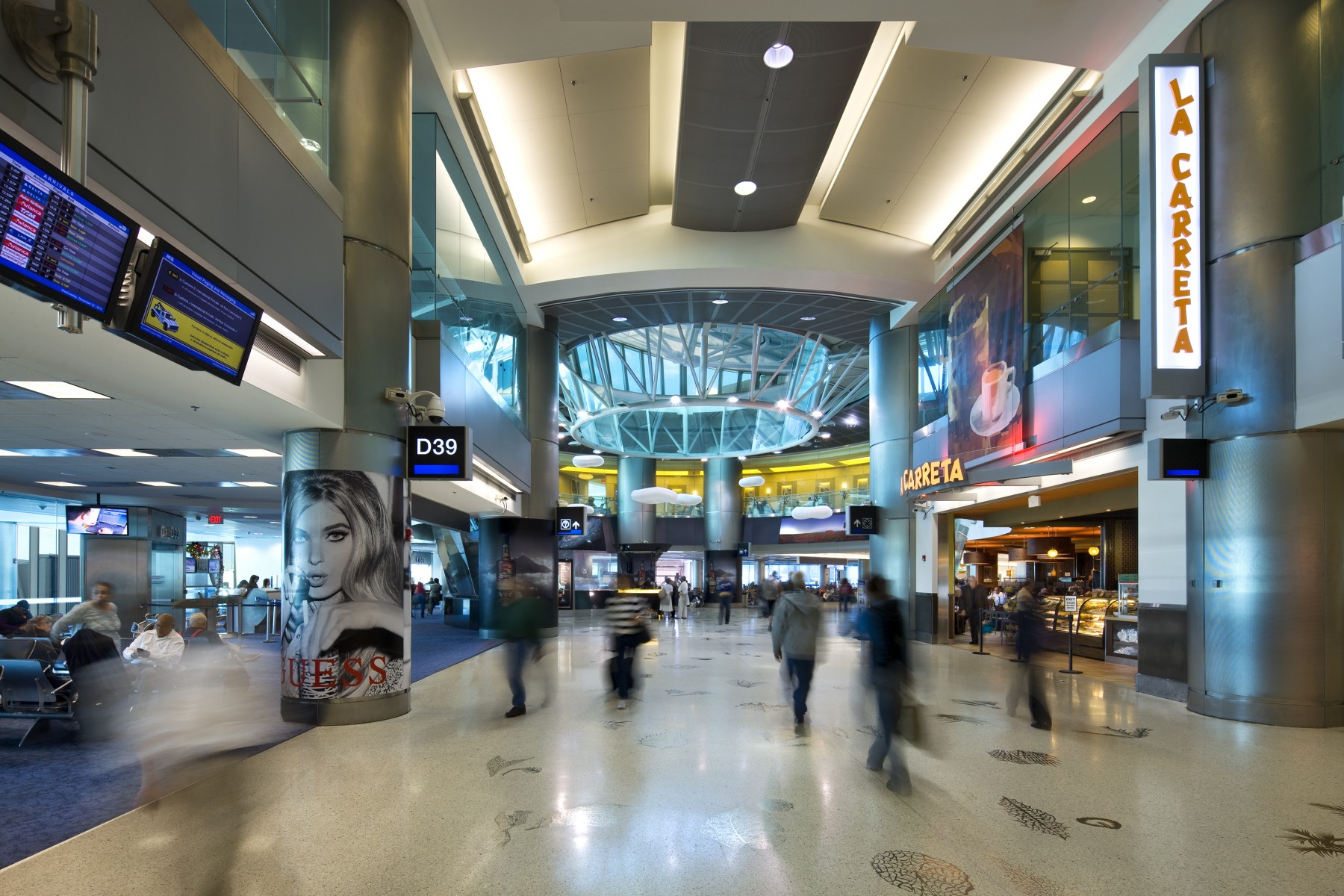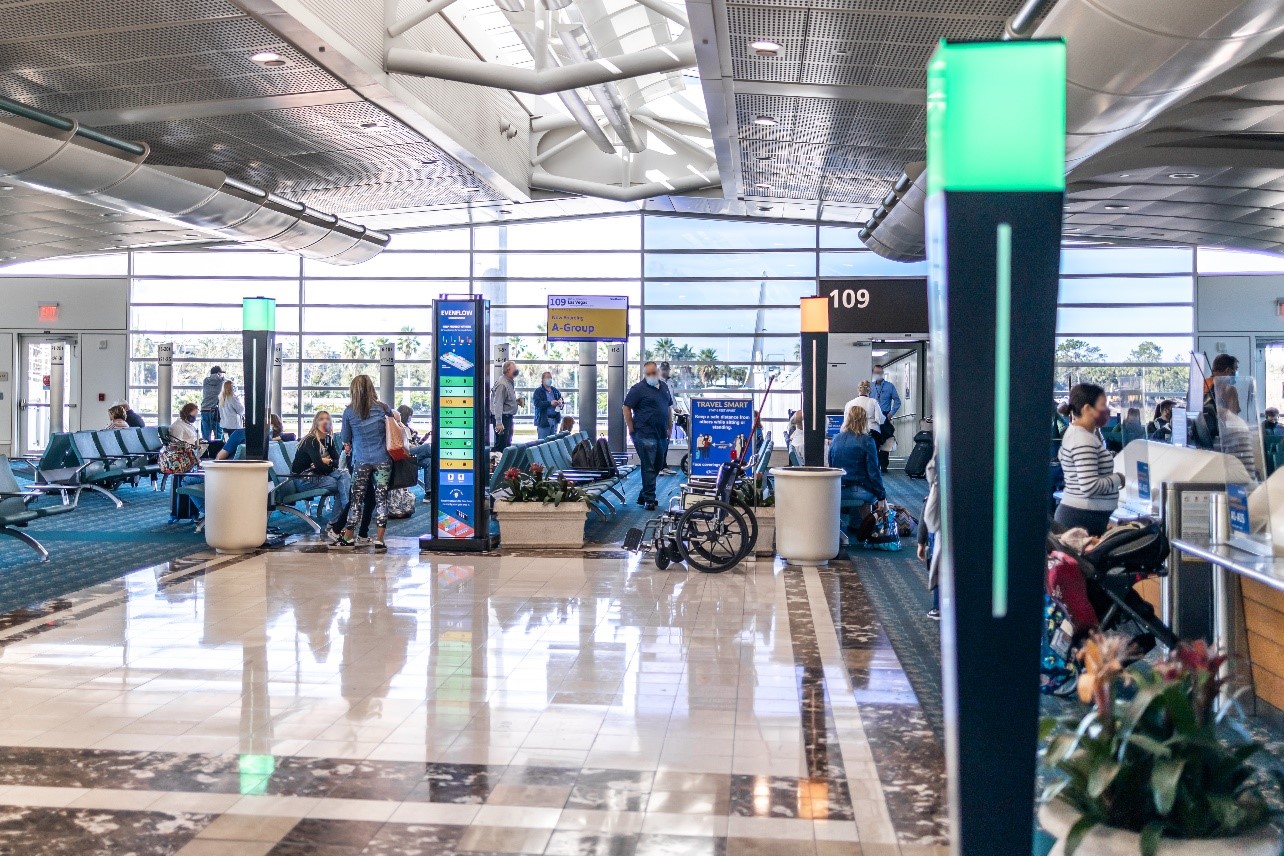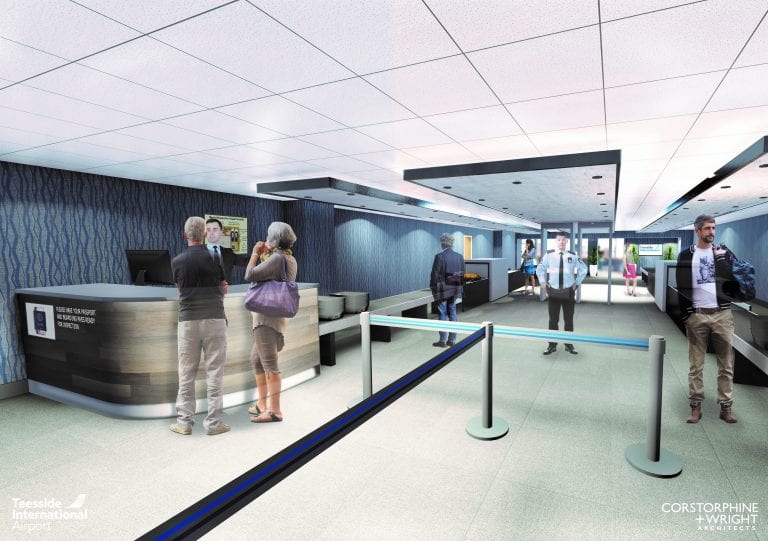TSA Checkpoint at Syracuse Hancock International Airport Gets New State-of-the-Art 3-D Checkpoint Scanner to Improve Explosives Detection
A state-of-the-art advanced technology computed tomography checkpoint scanner (CT) that provides 3-D imaging has been installed and is in use at the Transportation Security Administration checkpoint at Syracuse Hancock International Airport.
TSA’s Federal Security Director for Upstate New York, Bart R. Johnson, said:The new checkpoint technology provides critical explosives detection capabilities and improves the capability for our TSA officers to determine whether an item inside a carry-on bag is a possible threat.
The system applies sophisticated algorithms for the detection of explosives by creating a 3-D image that can be viewed and rotated on three axes for thorough visual image analysis by a TSA officer. If a bag requires further screening, TSA officers will inspect it to ensure that a threat item is not contained inside.
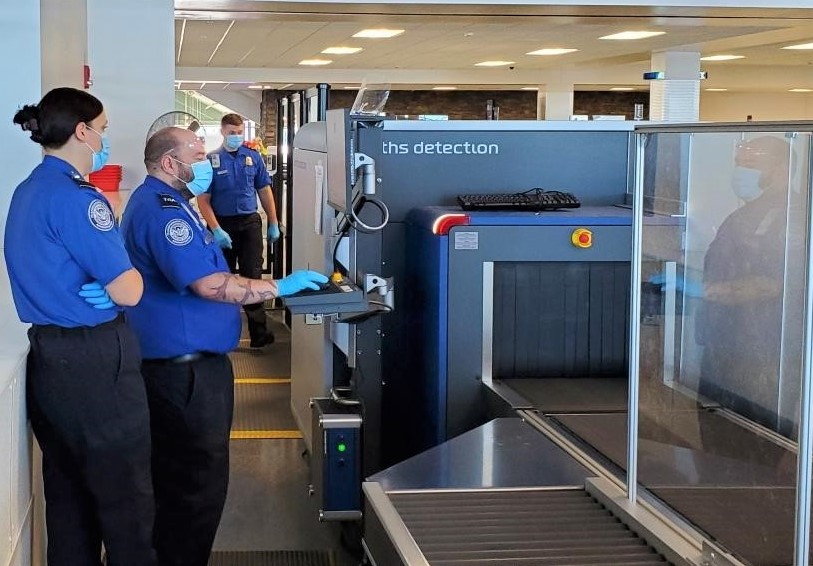
The 3-D imagery allows TSA officers to manipulate the image on screen to get a better view of a bag’s contents and often clear items without having to open a carry-on bag.
Johnson, added:Not only does this state-of-the art technology represent an improved security threat detection capability at the checkpoint, but it also reduces the need for pulling aside a bag to be opened, thus reducing a touchpoint during the pandemic.
This equipment is similar to what is used to scan checked baggage for explosive devices, and has been “sized” to fit at checkpoints to create such a clear image of a bag’s contents that the system can automatically detect explosives, including liquids, by shooting hundreds of images with an X-ray camera spinning around the conveyor belt to provide TSA officers with the three-dimensional views of the contents of a carry-on bag.
Checkpoint CT technology should result in fewer bag checks. Passengers using this machine at Syracuse Hancock International Airport will be permitted to leave laptops and other electronic devices in their carry-on bags.
This article was originally published by the Transportation Security Administration.


